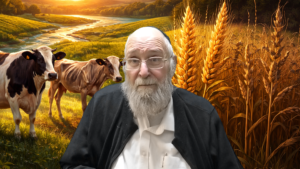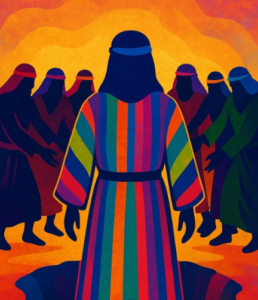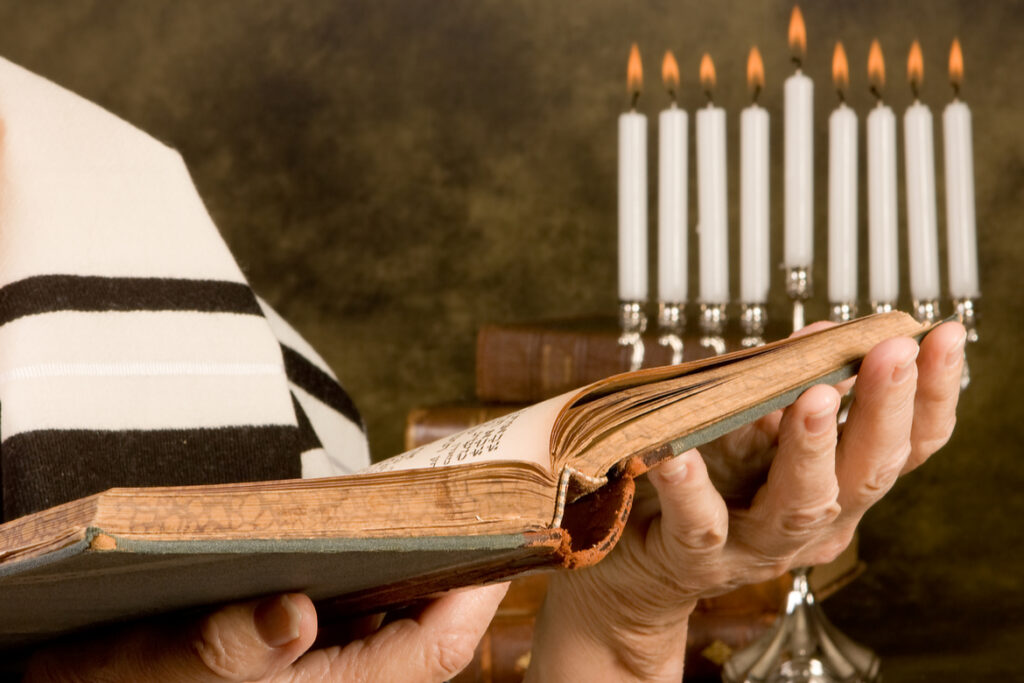It’s All Good
“I am the Eternal-Lord, your God, Who took you out of Egypt, from the house of slavery” (Exodus 20:2).
A non-Jew came to Hillel to convert, but wanted to do it in a curious way. “Teach me the entire Torah while I stand on one foot.” Hillel replied, “What you find disagreeable, don’t do to a friend. The rest explains [what is disagreeable]. Go study [and know]” (Shabbat 31a).
Rebbe Nachman teaches that if you know that everything you live through happens for your benefit, then you are having a taste of the World to Come, you are living a quasi-utopian life. The key word here is know, which does not refer to an intellectual attainment, but to an awareness in the core of your being (see Rabbi Nachman’s Wisdom #217). The question is, why, after seven weeks of intense preparation to receive the holy Torah, does God introduce the Torah by introducing Himself? What information or awareness is He providing us? Haven’t we already seen the miracles of the Exodus, the splitting of the sea, and then some more in the desert (e.g., the manna)?
Let me tell you a secret. Not a single holy Jewish sefer (book) talks about God. Not a one. They can’t because God is infinite (maybe even greater than infinite, whatever that might mean), and we human beings are quite finite. What every sefer discusses is how God interacts with His creation. So God starts out by telling us, “I am Who I am, beyond human comprehension. But you know Me as YHVH, the Eternal-Lord, Who does kindness with the world. And you’ve seen Me in action as Elokim, that if need be, I can get rough. Either way, I am your God. I care about you. I took you out of physical and mental slavery—when your behavior, attitudes and aspirations were “Egyptian,” antithetical to faith and decency—that’s the proof.”
So God is introducing to us the idea that He is HaTov veHaMeitiv, the Good and Beneficent. In a world where a person can be rich and famous one day, destitute and forgotten the next; where the gods Buzz and Spin challenge the values of Honesty and Morality, we very much need to know that behind all the different things that happen and all the continuous changes that take place is One totally kind God. “Study My Torah to know Me! Keep My Torah properly to stay focused in order to rise above the transient, both pain and pleasure.”
The non-Jew who wanted to learn the Torah while standing on one foot was certainly intelligent. After all, he came to convert! Knowing, or sensing, that the Jews received the Torah with a high degree of personal and communal unity, he understood that he, too, would have to be totally undivided in his acceptance of the Torah. It had to be “on one foot,” with unshakeable resolve. Hillel replied in kind. “We humans are not God. We cannot constantly provide goodness and benefi-cence. But we can preserve the personal integrity and communal harmony that allow us to receive from God’s goodness, if we learn the ‘commentary’ that instructs us how to not undermine the goodness of God’s interaction with His world.”
Rebbe Nachman recommends a way of studying Torah that greatly helps to eliminate suffering and bring people to a deep-seated awareness of God. When you learn Torah, especially with friends and students, translate and explain it in the idiom you best understand. Mashiach’s spirit infuses all of Torah. Mashiach is CHoLeh (ill) on our behalf (Sanhedrin 98b on Isaiah 53:5). By “talking Torah” in a language that is CHoL (non-sacred—i.e., not Hebrew), we ease Mashiach’s suffering and more strongly infuse ourselves with his spirit, the spirit that recognizes that God is always One and forever HaTov veHaMeitiv.
a gutn Shabbos!
Shabbat Shalom!
agutn yom tov!
Chag samei’ach!
—Based on Likutey Moharan I, 4 and 118
- 0 comment






















